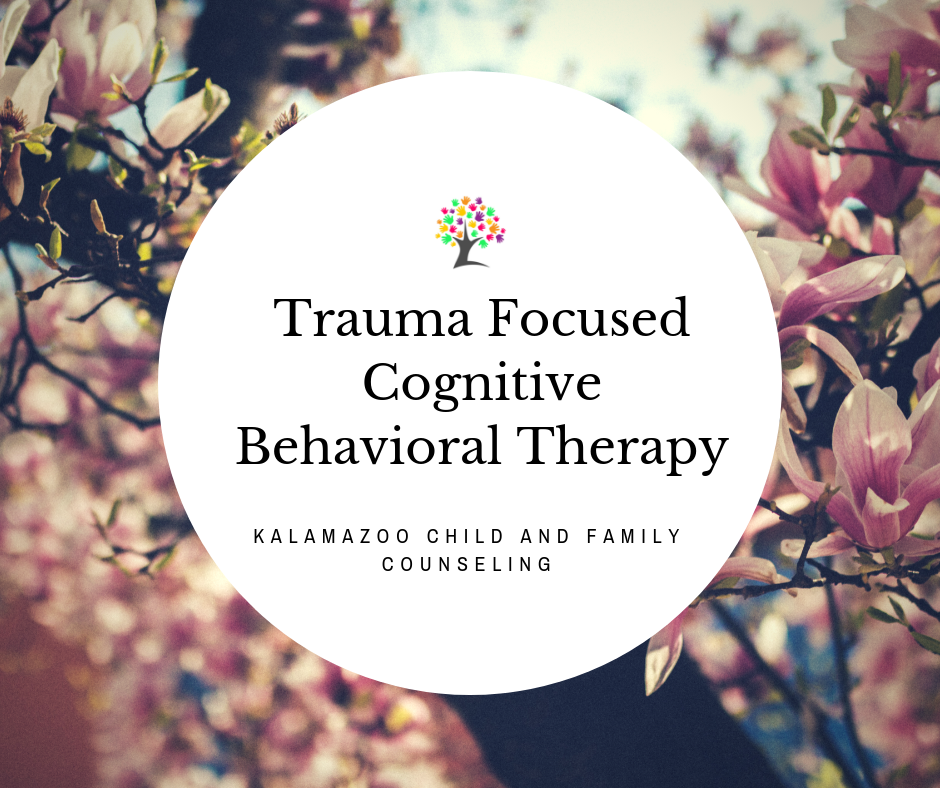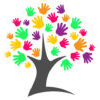
What is Trauma-Focused Cognitive Behavioral Therapy (TF-CBT)?
Trauma-Focused Cognitive Behavioral Therapy (TF-CBT) is a widely used and effective therapy. TF-CBT helps children ages 3-18 years-old and their families who are struggling with the effects of trauma and Post Traumatic Stress Disorder (PTSD). Multiple randomized clinical trials have prove TF-CBT’s effectiveness. TF-CBT is a gold-standard treatment for addressing trauma in children. The California Evidenced Based Clearinghouse for Child Welfare gives its highest rating for TF-CBT as an evidenced-based treatment for children impacted by trauma. When children or adolescents have gone through trauma they may experience a combination of any of the following: intrusive thoughts, fear, anxiety, mistrust, depression, troubles with sleep, aggression, and various other symptoms.
Types of Trauma addressed by TF-CBT
Types of trauma commonly treated by TF-CBT include sexual abuse or assault, physical abuse, a sudden or traumatic death, violence at home or in the community, a natural or man-made disaster, a car accident, community violence and animal attacks.
What makes it work?
There are two major components of TF-CBT that make it work: parent/caregiver involvement and a concept called gradual exposure. Parent/caregiver involvement can include meeting one-on-one with the therapist, or meeting at least a part of every session. These meetings are intended to help therapists and parents be on the same page about current symptoms and parental concerns. This is also a wonderful time to educate parents about trauma and its impact on children. It also can also be a good time address any of their child’s difficult behaviors, emotional outbursts, and safety concerns.
Gradual exposure includes intentional exploration of trauma reminders for the purpose of achieving desensitization to them. Gradual exposure begins with small intentional doses and is increased over time. In TF-CBT, gradual exposure does not mean children need to immediately talk about what happened. Humans don’t usually throw children in the deep end to teach them to swim. To use the swimming analogy again, we get used to the temperature of the water before going under. In the first sessions of TF-CBT, clients will receive education about common effects of the specific trauma they went through and by the end of treatment they will have created a narrative about what they went through and how they were impacted by it. The narrative, along with the other forms of gradual exposure, helps the child and family to reduce their avoidance and other PTSD symptoms. There any many myths about PTSD and children, gradual exposure is an important part of PTSD treatment.
Steps of TF-CBT
First, children and adolescents will learn about trauma and how it commonly impacts people. They will learn relaxation skills to help them calm down when they are anxious, mad, etc. Next, kids will learn healthy ways to identify and express their feelings. Then, the child or adolescent will learn strategies to change negative or unhelpful thoughts to ones that are more positive, or helpful. This is especially important for “stinking thinking” related to the traumatic event. Once children and teens gain confidence in these skills, they will move into creating a story about the trauma they experienced. The narrative will include some general information about the client, what happened before, during, and after the traumatic event(s), their feelings and thoughts surrounding the trauma, and what advice they would give to other kids like them. Once the narrative is completed, it is usually shared with the parent or caregiver in a conjoint session. Further sessions will address any triggers that may be inhibiting the child or adolescent, finding ways to overcome them, and increasing safety for the family as they move forward.
Kylie Bader and Jeff LaPonsie LMSW
Kylie Bader was an Intern from Western Michigan Univeristy’s School of Social Work. Her graduate studies including trauma across the lifespan, and Trauma Focused Cognitive Behavioral Therapy.

Jeff LaPonsie is a clinical social worker at Kalamazoo Child and Family Counseling, PLLC. He provides counseling to children and families in the Kalamazoo, Portage, Mattawan, and the South West Michigan area. He is passionate about helping challenging children and frustrated parents. Jeff has over seven years of experience working with at risk youth. His clinical expertise includes providing play therapy with children with behavioral, anxiety, attachment and trauma related disorders.


Recent Comments